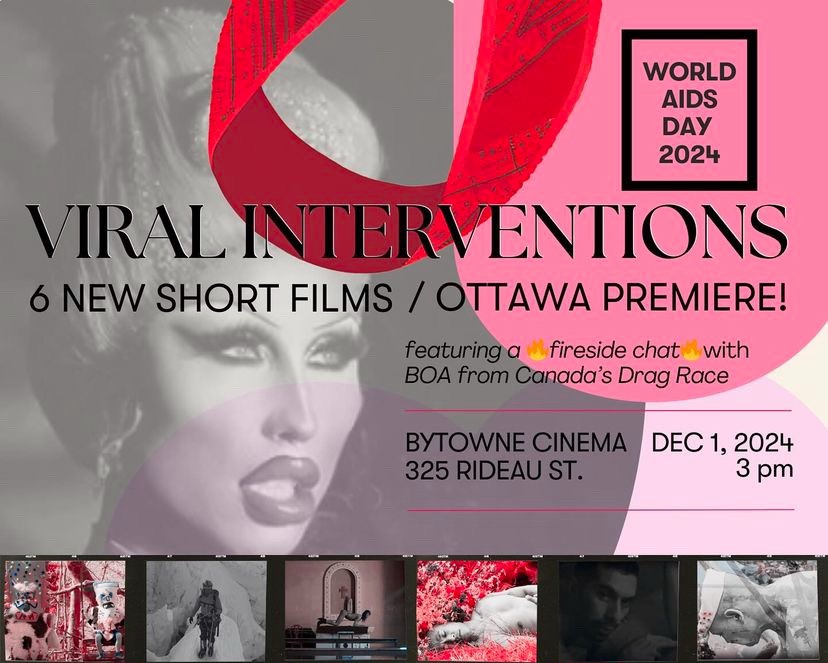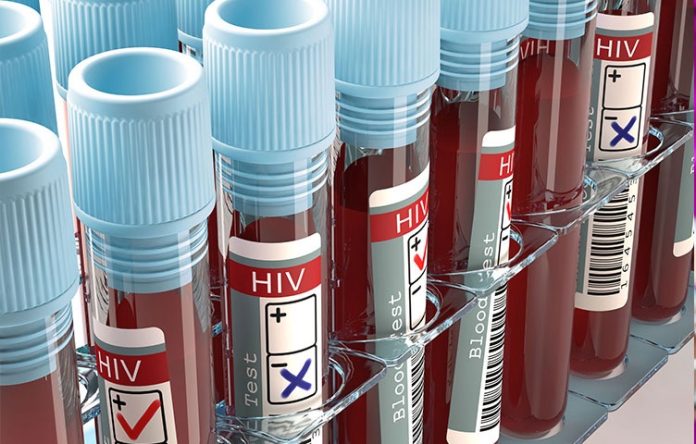Each year on December 1, people rally together worldwide to honour those who have lost their lives to the HIV pandemic and celebrate the advances made in HIV research.
Today, people living with HIV and on treatment can expect to live long, happy lives. But shame and stigma are still rampant across the world.
This World AIDS Day, MAX Ottawa is launching programs that make testing and accessing resources more accessible.
This is part of a province-wide campaign called Know HIV which aims to reach the 11 per cent of Ontarians unaware that they’re living with the disease.
“The best way to end HIV transmission is to make sure those living with it are healthy and on treatment. For someone with HIV who doesn’t know their status, getting tested is the first step on that path,” says Adam Awad, executive director of MAX Ottawa.
The campaign kicks off on December 1 with MAX’s “World AIDS Day 2024: HIV Futures.”
The event includes a screening of Viral Interventions—a series of six short films from around the world that tell urgent and extraordinary stories about living with HIV.

After the screening, artist and drag performer BOA, from Canada’s Drag Race, will join them in a conversation about the films and HIV in the current media landscape.
“World AIDS Day is an opportunity to reflect on the past while envisioning a future free from stigma,” says Ahmed Muslimani, director of community programs at MAX. “By engaging with stories like the ones shared in these films, we’re opening the door to conversations that challenge misconceptions and celebrate resilience in our communities.”
Muslimani says the next step in making testing more accessible is to address the thick cloud of shame and stigma that persists. That’s why MAX is partnering with Somerset West Community Health Centre to offer a free, weekly, anonymous testing service.
“Shame and stigma prevent too many people from getting tested, so we hope this new service helps break down those barriers,” Awad says.
The service uses a point-of-care blood test that delivers results in minutes. Pre- and post-test counselling are also offered to connect individuals with additional community resources.
These co-ordinated efforts aim to reach the 95-95-95 goal laid out in the HIV Action Plan to 2030, published last December. The campaign aims to have 95 per cent of people living with
HIV know their diagnosis, 95 per cent of those diagnosed on treatment, and 95 percent of those on treatment virally suppressed.
The study found that of the estimated 22,461 Ontarians with HIV, 89 per cent were diagnosed. Also, 98 per cent of those diagnosed were virally suppressed meaning they could not spread the disease.
